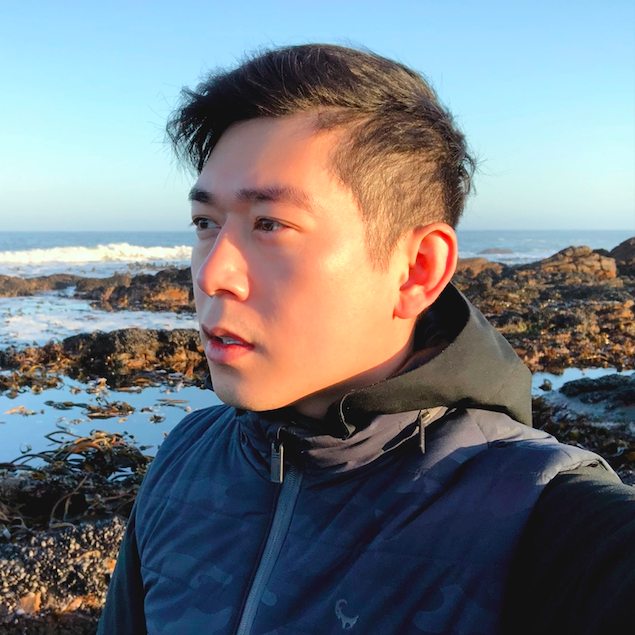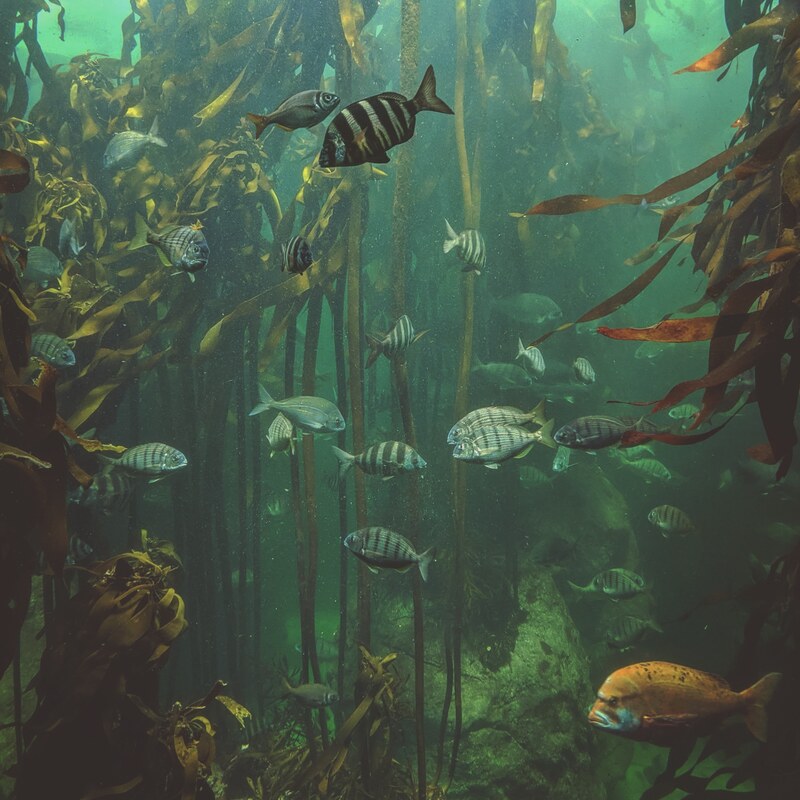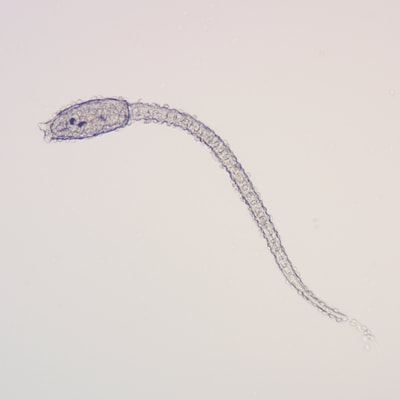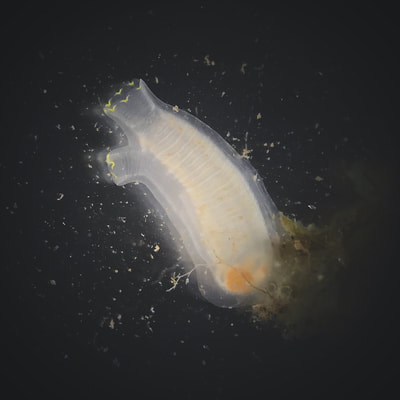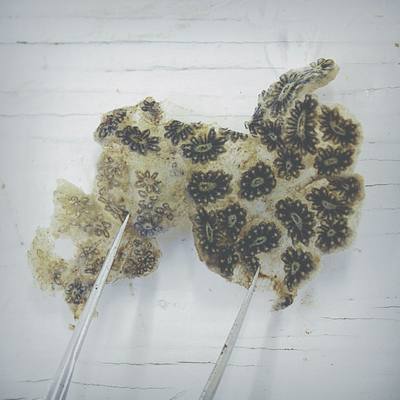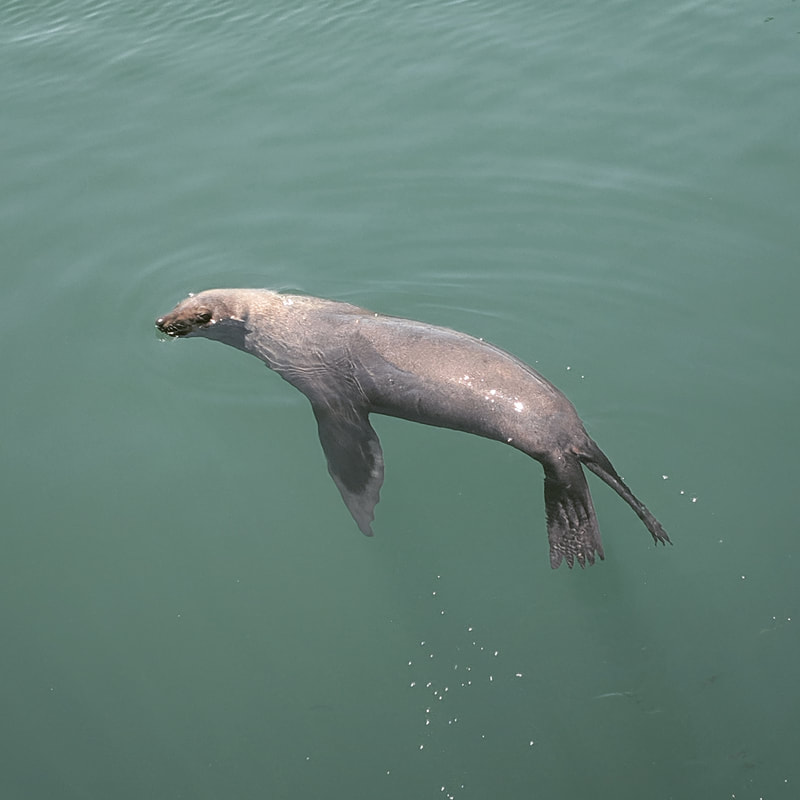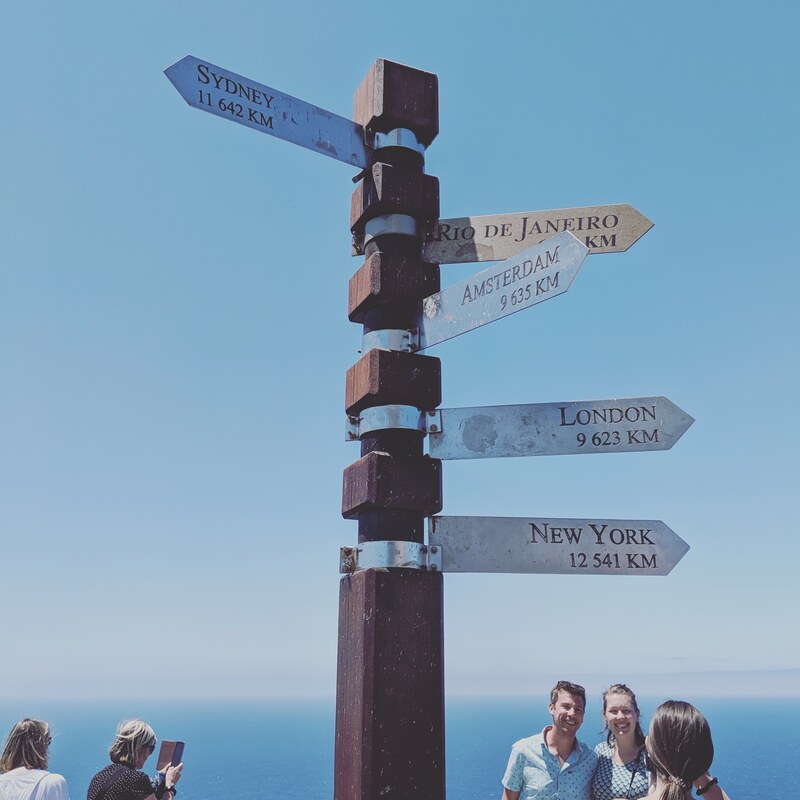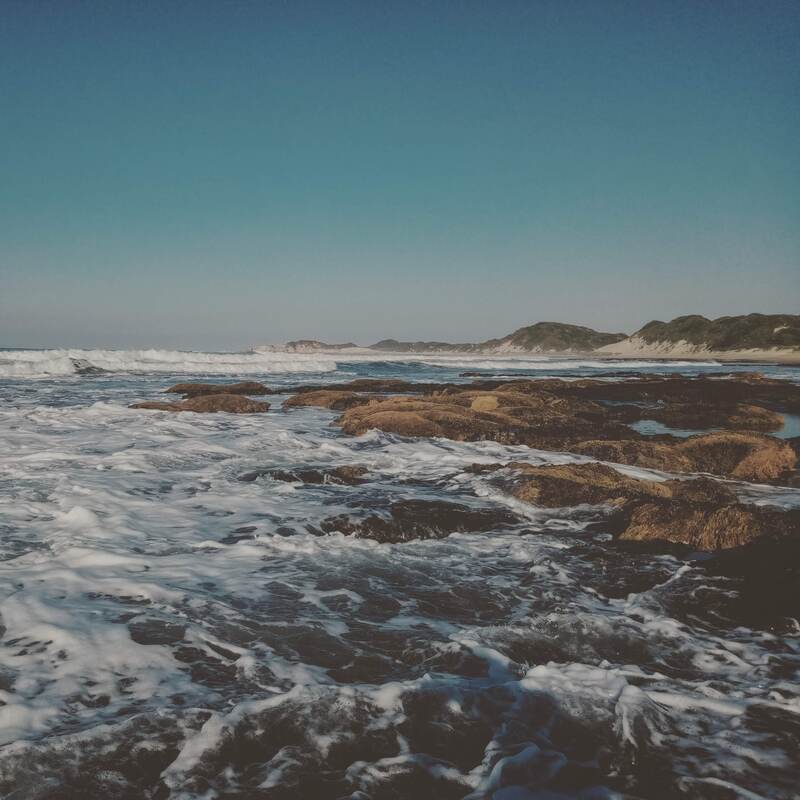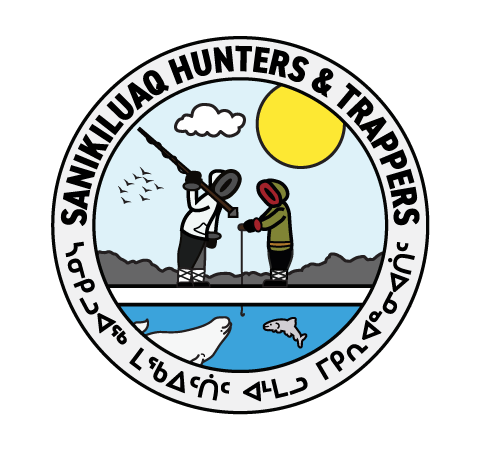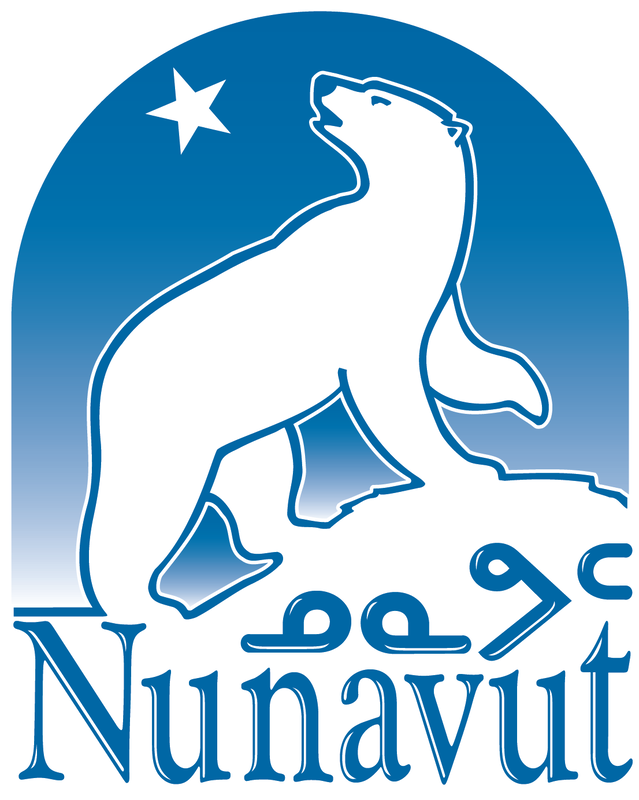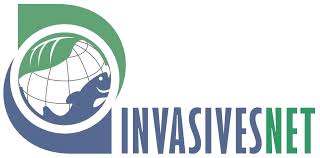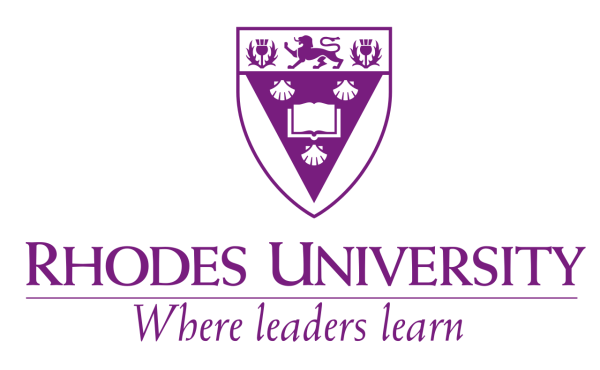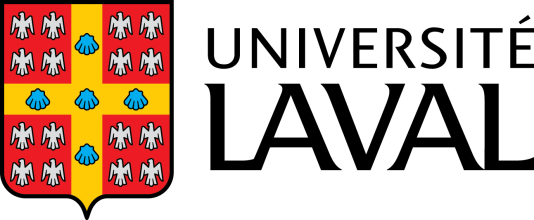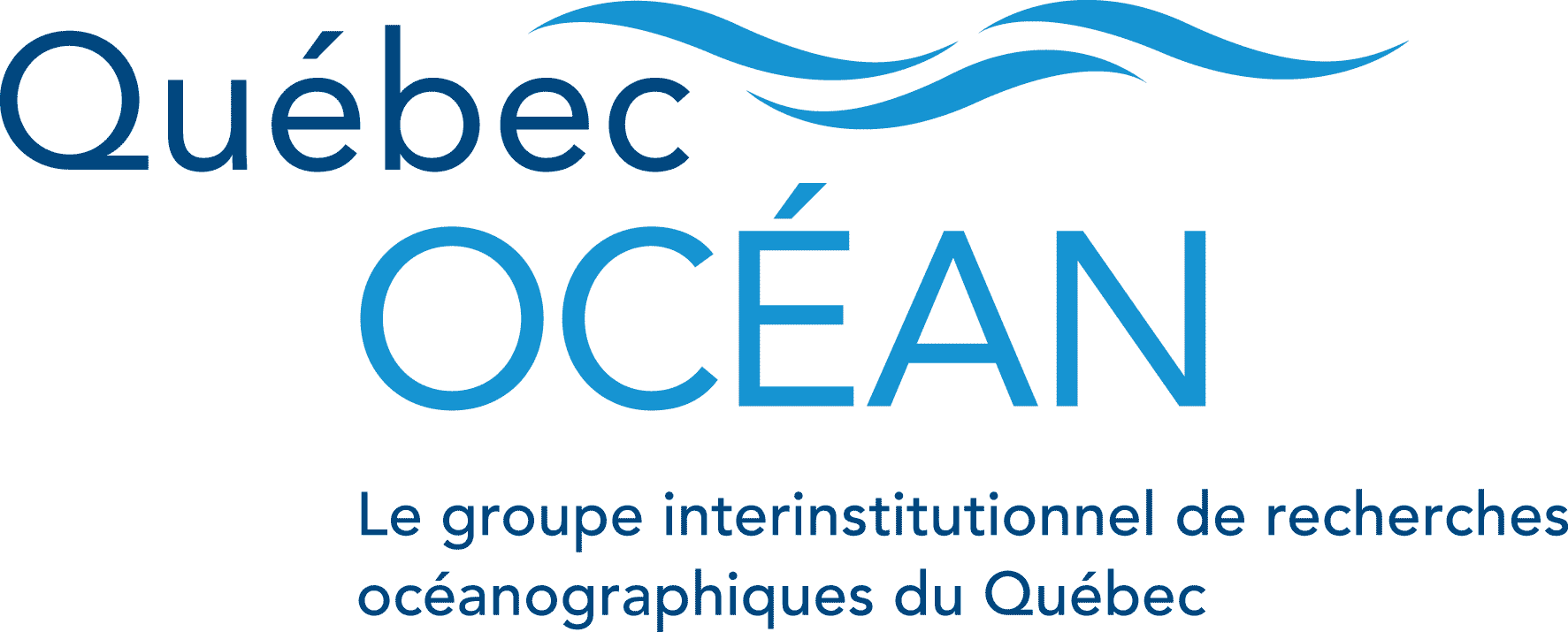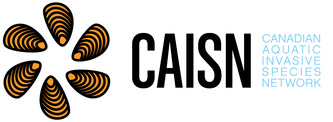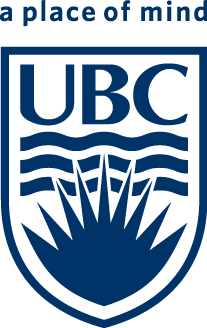Echinoderm taxonomy, ecology, and fisheries in Canada
|
Marine Ecologist | Postdoctoral Fellow | Memorial University
I am currently interested in documenting range extensions of deep-sea echinoderms, optimising sea cucumber harvesting and processing in Atlantic Canada, and evaluating the feasibility of a sea cucumber fishery in Nunavut.
Atlantic Canada: There are major areas of uncertainty concerning the exploitation and management of the sea cucumber industry in Atlantic Canada. I aim to address these gaps and give stakeholders a better understanding of sea cucumber populations, in order to make the best possible decisions relative to its management and conservation. The proposed research will also seek to identify concrete ways of optimising sea cucumber harvesting and production, by increasing the quality, consistency, and competitiveness of the products, and exploring novel commercial avenues. Nunavut: The sea cucumber is part of the Inuit traditional diet in certain regions of the Canadian Arctic. Both sea cucumbers and closely-related sea urchins are among the favourite foods in the Arctic. There are currently no commercial fisheries for sea cucumbers or sea urchins in Nunavut. The project builds on the extensive experience of the Mercier Lab on echinoderms, particularly sea cucumbers, and capitalises on recent interest expressed by Indigenous communities to assess the value of their echinoderm resources. |
AboutI am a marine ecologist with interests in biodiversity and biogeography of marine invertebrates, structure and maintenance of benthic populations, and science-based management of biological invasions and commercially-exploited resources. I received my BSc degree from the University of British Columbia in 2008. There, I worked as a research assistant under the mentorship of Kai M. A. Chan and M. L. Deng Palomares. After graduation, I volunteered, interned, and worked at various NGOs prior to pursuing a master's degree.
During my MSc studies, I studied under the supervision of Don Deibel and Cynthia H. McKenzie and received my degree from Memorial University in 2012 (Ma 2012). My master's research was focused on the ecology and management of invasive ascidians, which included guidelines on best practices to eradicate invasive ascidians (Deibel et al. 2014), species richness and zoogeography of native and exotic ascidians (Ma et al 2011, Ma et al. 2017a), and population dynamics of an invasive ascidian in a subarctic harbour (Ma et al. 2017b). In 2012, I was part of a trans-institutional field sampling team, working under the supervision of Christopher W. McKindsey and Claudio DiBacco as an intern at Fisheries and Oceans Canada (DFO). The following year, I pursued a doctoral degree under the supervision of Ladd E. Johnson and Christopher W. McKindsey and received my PhD from Université Laval in 2020 (Ma 2020). In brief, my doctoral research examined the effect of spatial and temporal scales on the detection of rare species and benthic recruitment dynamics (Ma et al. 2020a, Ma et al. 2022). This body of work has useful implications for management by providing a science-based framework to develop strategies to detect alien species as early as possible. During my DFO internship and PhD studies, I was also involved with the surveillance of marine invasive species in collaboration with international and national partners, which resulted in the discovery of many new records of non-native species (Moore et al. 2014, Ma et al. 2016, Ma et al. 2018, Ma et al. 2019, Ma et al. 2020b) and the understanding of large-scale biogeographical patterns of invasive ascidians (Carman et al. 2019). After my PhD defence in 2019, I accepted a NRF postdoctoral research fellowship to work with Christopher McQuaid and Professor William Froneman at Rhodes University, where I investigated historical and contemporary range expansions in marine species (Ma et al. 2020c, Ma et al. 2020d, Ma et al. 2021a), biogeographic drivers of distribution and abundance of intertidal invertebrates (e.g., mussels, sea urchins) across different spatial scales (Ma et al. 2021b, Ma et al. 2021c), and range-edge dynamics of invasive mussels in southern Africa (Ma et al. 2023a, Ma et al. 2023b). In the process of conducting fieldwork, we also discovered a new species of bryozoan on shells of an invasive mussel (Boonzaaier-Davids et al. 2023). In 2022, I returned to Memorial University for a MITACS postdoctoral fellowship to work with Annie Mercier and industry partners. Here, I will be working on the taxonomy, ecology, and fisheries of echinoderms in Atlantic Canada and the Canadian Arctic (Mercier et al. 2023). At the onset on this line of research, we documented commercially harvested sea cucumbers displaying stones nestled inside their body cavity and, for the first time from temperate waters, sea cucumbers exhibiting skin ulceration disease (Ma et al. 2023c, Scott et al. 2024). Over the years, I have been involved in outreach activities and public engagements with stakeholders throughout the Canadian Maritimes and in the Canadian Arctic, which include giving seminars to audiences outside of academia. At Rhodes, I had the privilege to co-supervisor three honours students: Alicea Lubbé, Emma L. Goodes, and Sheyenne S. Samy (Samy et al. 2022). At present, I am co-supervising an honours student, Lauren Gover, at Memorial University. I also serve as an Associate Editor for the editorial boards of Aquatic Invasions (AI), BioInvasions Records (BIR), and Management of Biological Invasions (MBI) and as a Thematic Editor on the editorial team of the World Register of Introduced Marine Species (WRiMS). |
|
Kevin C. K. Ma, PhD
Postdoctoral Fellow, Memorial University (2022 – present)
Postdoctoral Research Fellow, Rhodes University (2019 – 2022) PhD in Oceanography, Université Laval (2020) MSc in Biology, Memorial University of Newfoundland (2012) BSc in Ecology and Environmental Biology, University of British Columbia (2008) |
